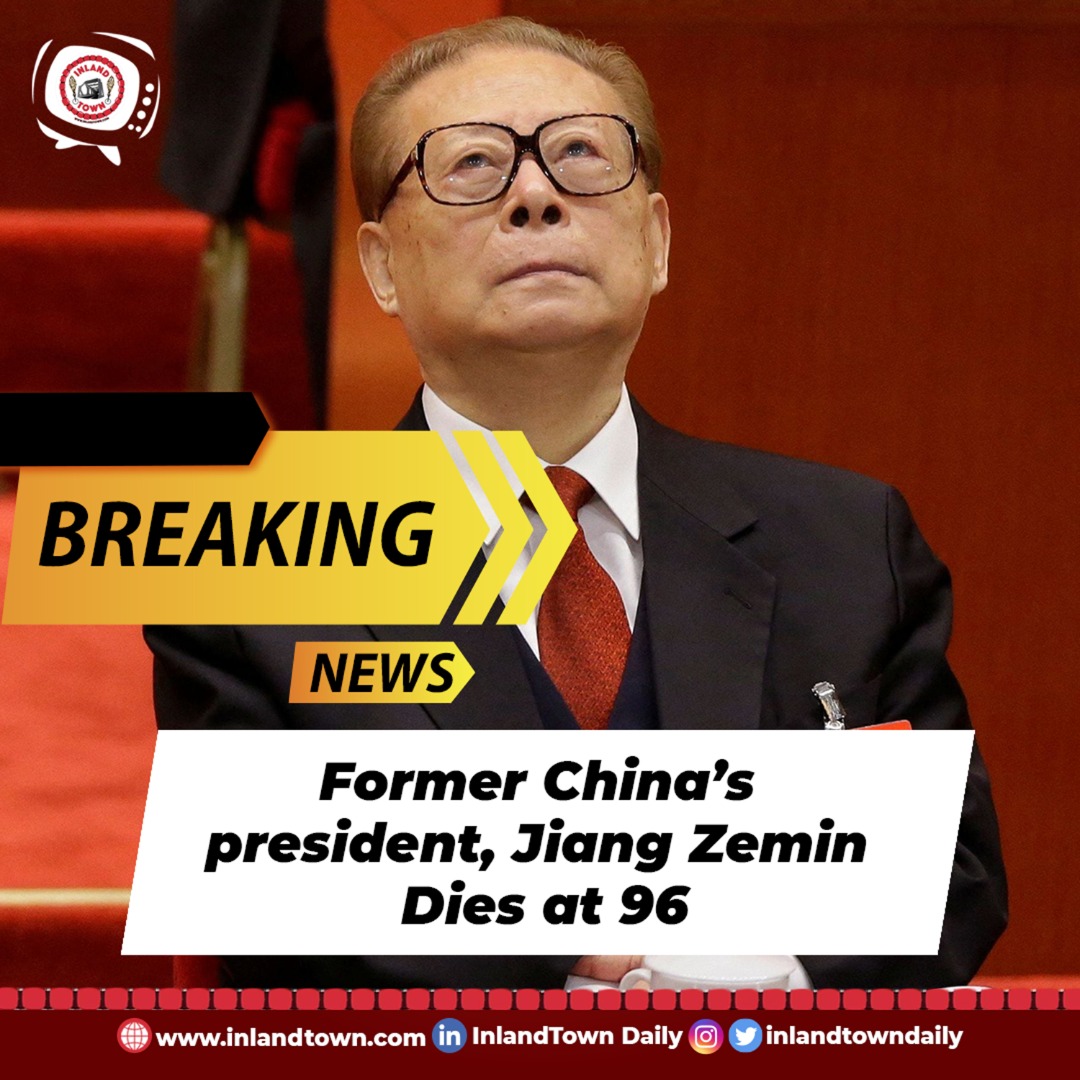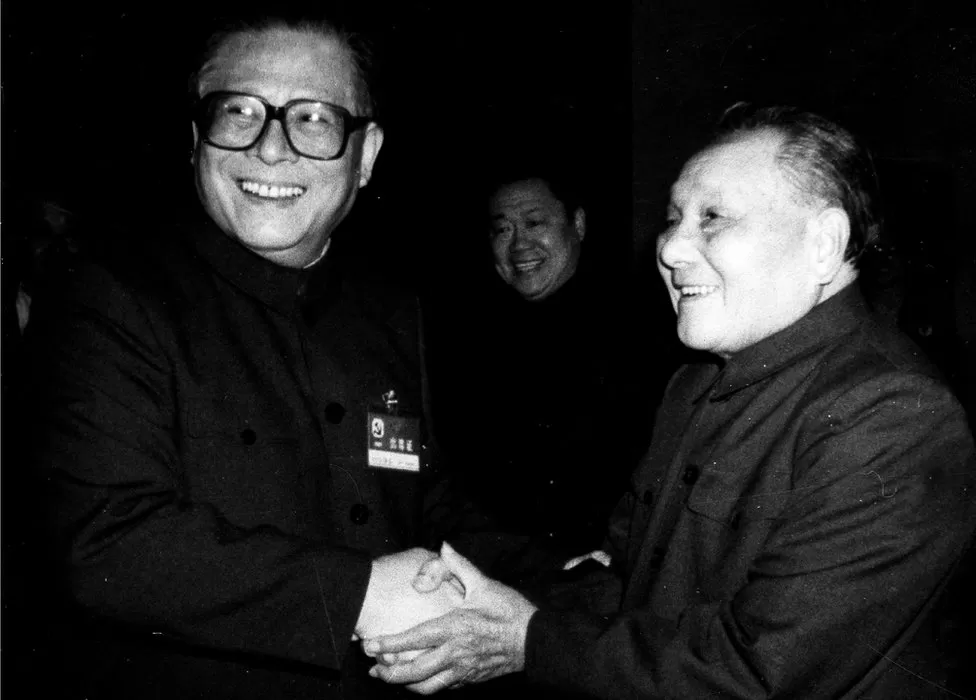Jiang who led China for ten years of rapid economic growth after the Tiananmen crackdown in 1989, died of leukaemia and multiple organ failure according to the Chinese state media report.
The report said a letter about the details of his demise has been published for the Chinese people by the ruling Communist Party, parliament, Cabinet and the military.
“Comrade Jiang Zemin’s death is an incalculable loss to our Party and our military and our people of all ethnic groups,” the letter read.
It added that the announcement to the Chinese people was with “profound grief.”
He will be remembered for presiding over a decade of breakneck economic growth and rising prosperity in China as it mended fences with the West and became a global superpower.
He oversaw notable events like China’s entry into the World Trade Organization, and the handover of Hong Kong from the British to the Chinese.
Jiang was picked to lead China after the Tiananmen protests – and got his message across to the Chinese population that the movement towards greater democracy would not be tolerated.
His death now comes at a moment where China is seeing some of its most serious protests – against coronavirus pandemic restrictions – since Tiananmen.
But Jiang himself has been remembered fondly by many – with younger people seeing him as having a more colourful personality at a time when China is growing increasingly authoritarian and closed-off.
Humble Beginnings
Jiang was born on 17 August 1926 in the city of Yangzhou, in China’s eastern coastal province of Jiangsu.
He grew up during the Japanese occupation, eventually graduating as an electrical engineer.
He joined the Communist Party at the age of 21 while he was still at college. His family had no revolutionary pedigree and under the frequent purges of Mao Zedong, Jiang could well have suffered for his background.
But he spent much of his early career abroad – training in Moscow at a Soviet car factory, and later as a diplomat in Romania.
By the 1980s, he had become the minister in charge of the electronics industry, and later became party chief in Shanghai. But he still had made no mark in national affairs.
The crucial moment that brought him to prominence was the Tiananmen Square protests.
As the national rulers dithered over how to handle the occupation of Tiananmen Square by young protesters, Jiang had already faced down similar protests in Shanghai.



